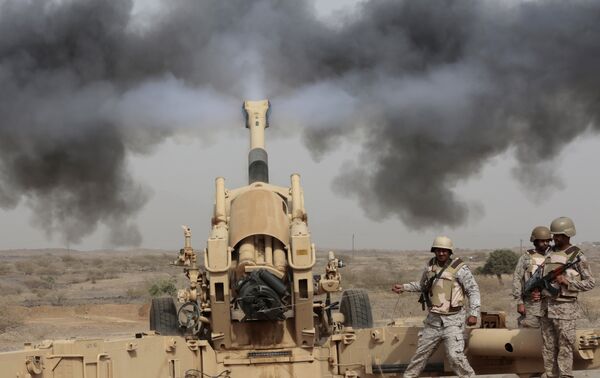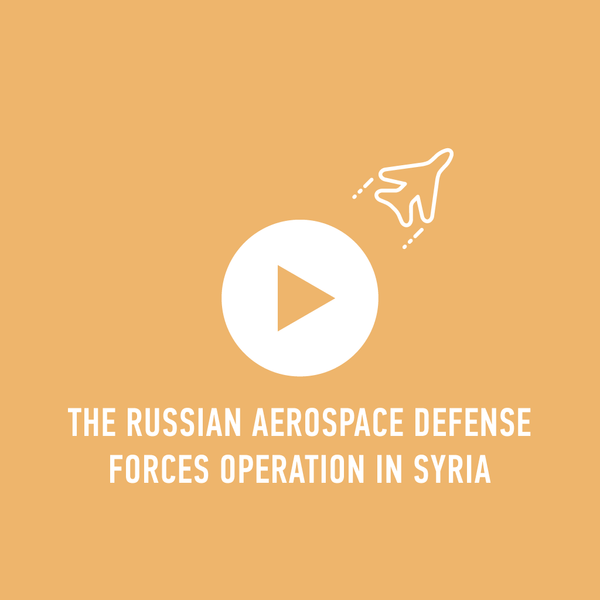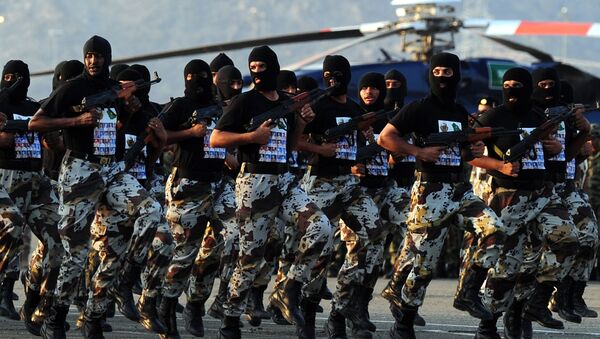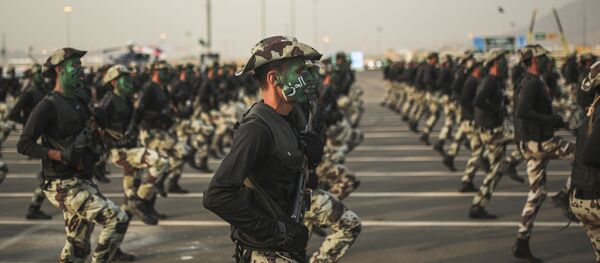The oil kingdom "has expressed its readiness to provide special forces to [the US-led anti-Daesh ground] operations should they occur," Saudi Foreign Minister Adel al-Jubeir told reporters on Monday following a meeting with US State Secretary John Kerry. He did not provide additional details on how many troops the kingdom was ready to provide.
However, last week reports emerged that Riyadh could deploy thousands of special forces in a move that would likely be carried out in coordination with Ankara.

The deployment, should it occur, will ostensibly be aimed at tackling Daesh, but many experts remain unconvinced. After all, Saudi Arabia has supported militants, who are trying to overthrow the legitimate government in Damascus. Moreover, Riyadh has largely focused its efforts on its military intervention into Yemen and has not done much to defeat the brutal Sunni group in Iraq and Syria.
"Saudi Arabia's participation in the bombing campaign against [Daesh] was never more than a gesture," editor and critic Patrick Smith wrote for The Fiscal Times. The Saudis are "suddenly motivated because their war is at bottom sectarian and their guys are losing it."
Riyadh's increased activities are largely linked to Moscow and Damascus' success on the ground. In recent weeks, the Syrian Arab Army, assisted by Russian warplanes and its local allies, has made significant gains in key provinces, particularly in Latakia and Aleppo.
"What the western media characterizes as a 'quagmire' has all the makings of a stunning victory for the Russian-led coalition that is gradually reestablishing security across Syria while sending the invaders running for cover," US journalist Mike Whitney recently wrote for the CounterPunch magazine.




